Jun 09, 2025
Modern industries such as automotive manufacturing, electronics assembly, food packaging, and machining heavily rely on pneumatic cylinder to achieve automation, enhance production efficiency, and improve product quality.
A pneumatic cylinder is an air operated actuator that converts the energy of compressed air into mechanical motion — either linear or rotary. Pneumatic actuator is a core component in industrial automation systems.
But air actuator also come in different types depending on the industry,A pneumatic cylinder with a stainless steel piston rod can perform pushing, pulling, or ejection actions; a rodless cylinder moves a load through a slider or magnetic coupling mechanism; a rotary cylinder can output rotational motion.They each have different characteristics and applications. Next, let's look at other cylinder actuator types.
Regardless of cylinder type, pneumatic actuators offer several important advantages:
◆ Powerful Drive Force: The most prominent feature of pneumatic actuators is their ability to frequently and reliably handle pushing, pulling, clamping, positioning, lifting, and ejection operations.
◆ Compact Installation: Compact cylinders are typically equipped with high-strength aluminum alloy bodies, achieving a minimized footprint while delivering high-frequency, highly efficient actuation cycles.
◆ Fast Response & Precise Control: The low density of air allows it to flow quickly through the piping, rapidly transmitting energy to actuate the actuator.
◆ Low Cost & Environmentally Friendly: Uses clean compressed air resource, No need to worry about media leakage and pollution.
◆ Adaptability to Harsh Environments: Operates reliably in high-temperature, humid, or dusty environments types.
Pneumatic cylinders are mainly classified into single-acting and double-acting types.In addition, based on brand, structure, and function, they can also be categorized in the following ways:
The ISO 6431 cylinder is a commonly used pneumatic actuator standard type with standardized dimensions and specifications.
Features:
Standardized dimensions and port sizes
Typically cylindrical shape with a variety of stroke lengths and bore diameters
Equipped with seals and dust rings for airtight performance and durability
Functions:
Provides reliable linear reciprocating motion
Standardized design for easy installation and maintenance
Industries:
Machinery manufacturing
Automated assembly lines
Packaging equipment
The Pneumatic cylinder airtac is a cost-effective pneumatic actuator type choice.
Features:
Stable quality and cost-effective
Available in ISO standard, compact, mini, and other formats
Uses premium sealing components for long life
Functions:
Suitable for pneumatic actuation in a wide range of automation systems
Industries:
Automotive production
Electronics assembly
Food packaging
A small pneumatic cylinder is a compact type of cylinder actuator that requires precise control.
Structural Features:
Compact and lightweight
Simple design with short stroke lengths
Functions:
Ideal for light-duty operations such as positioning, clamping, and pushing
Industries:
Electronics manufacturing
Medical devices
Laboratory automation
Compact cylinder is kind of air actuator type that used in aspace-saving industries and application.
Structural Features:
Short and rigid body with a high force-to-size ratio
Suitable for medium loads in limited spaces
Functions:
Provides powerful actuation in space-constrained environments
Industries:
Machinery and equipment manufacturing
Automation equipment
Robotics applications
A double-rod cylinder is a type of cylinder designed to prevent rotation and ensure smooth operation.
Structural Features:
Dual piston rods ensure stable and precise motion without deflection
High rigidity prevents damage from lateral forces
Functions:
Delivers precise linear motion and guided support
Industries:
Precision assembly
Machining
Packaging machinery
SMC cylinders are a high-industry-standard brand of cylinders, encompassing various types including standard, compact, rod, and rodless cylinders.
Structural Features:
High-quality construction and comprehensive model selection
Available in standard, compact, mini, and other series
Functions:
Stable performance in various pneumatic control systems
Industries:
Automated production lines
Electronics manufacturing
Food processing machinery
A type of cylinder without a piston rod, which drives an external slider through a mechanical or magnetic mechanism and features a long stroke.
Structural Features:
No external piston rod; power is transmitted via magnetic or mechanical coupling
Space-saving design with long stroke capabilities
Functions:
Enables long-distance linear motion while saving space
Industries:
Automated assembly
Printing machinery
Logistics and material handling
A rotary cylinder is an actuator type that does not perform linear reciprocating motion, but outputs rotational movement to drive a load.
Structural Features:
Air-powered rotational actuator rather than linear motion
Available in piston-type or gear-type structures
Functions:
Provides angular motion for gripping, turning, indexing, etc.
Industries:
Automation systems
Robotic arms
Packaging and assembly equipment
Other types of cylinder actuators include long-stroke cylinders, stopper cylinders, and various customized designs.
Structural Features:
Equipped with high-strength guide rods or rails to absorb impact and prevent deflection under eccentric loads
Integrated cushioning and mechanical locking mechanisms
Supports various mounting methods
Functions:
Stops or locks moving parts in automated systems
Withstands high-impact environments
Industries:
Conveyor automation
Sorting systems
Automotive assembly
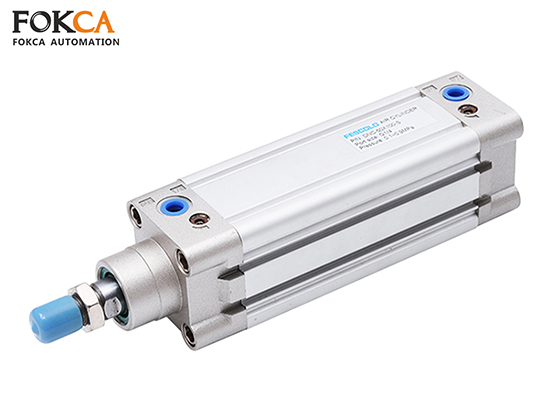
Although there are various types of cylinders, as relatively simple pneumatic actuators, their basic structural components are relatively simple, easy to maintain, and highly replaceable.
Cylinder Barrel
Piston
Piston Rod
Front and End Caps
Seals and O-Rings
Cushioning Mechanism
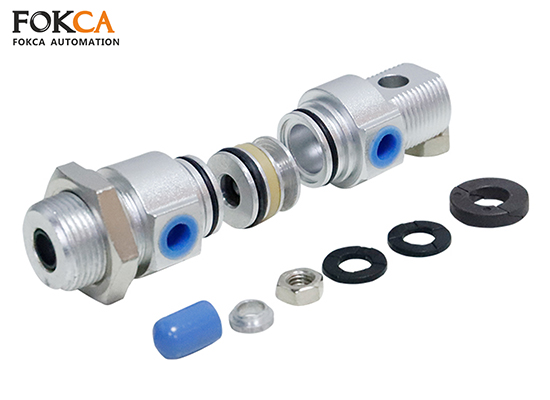
Mounting Accessories are essential for securing the cylinder in place and adapting it to various installation environments. Common types include:
Front/Rear Flanges
Foot Mounts
Clevis Mounts / Trunnion Mounts
Threaded Rod Ends / Rod Eye Bearings / Ball Joints
Used with cylinders that have magnetically-equipped pistons, enabling non-contact position sensing.
Purpose:
Detect piston position during stroke
Provide electrical feedback to the control system
Enhance automation accuracy and safety
Includes components like clevises, rod eyes, and spherical joints, designed to connect the piston rod to the external load.
Purpose:
Accommodate misalignment or angular motion
Allow secure and flexible coupling with the load
Reduce stress on piston rod and cylinder body
Installed on the air inlet or exhaust ports of the cylinder to regulate air flow.
Purpose:
Precisely control piston speed and stroke timing
Optimize movement smoothness
Improve process consistency and reduce wear
Often used in combination as an FRL unit, these components are essential for maintaining clean, dry, and properly lubricated air supply.
Purpose:
Filter out dust, water, and oil particles
Regulate air pressure to optimal levels
Lubricate internal cylinder components
Extend the service life and ensure reliable performance
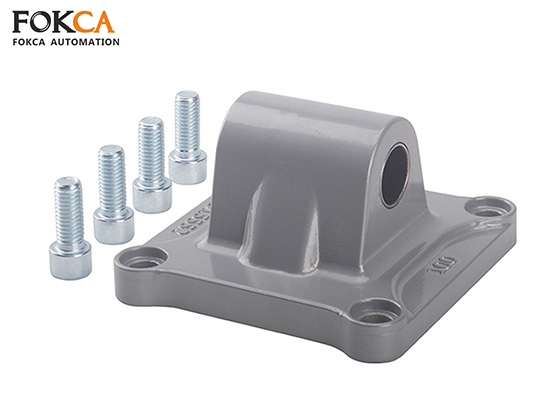
FOKCA is the name of our pneumatic products manufacturing company,we delight in imparting extremely provide cylinders and related accessories designed for max efficiency and durability. But we do not just offer products — we offer reliable, long-term performance solutions.
Multiple types of cylinders meet different application needs. If you also have customized requirements, our technical team can also tailor solutions specifically for you. No matter what industry you belong to, such as industrial manufacturing, automation, DIY, you can directly contact us if you want pneumatic cylinder and accessories.
Pneumatic air cylinders, with their simple structure, quick response, and ease of maintenance, play an irreplaceable role in automation equipment. By selecting the appropriate pneumatic air actuators type and configuring the right accessories, equipment performance and production efficiency can be significantly improved. As actuating components, air cylinders—working in coordination with their accessories—form one of the fundamental power systems in modern intelligent manufacturing.Browse our cylinder actuator detail information:www.fescolo.com.
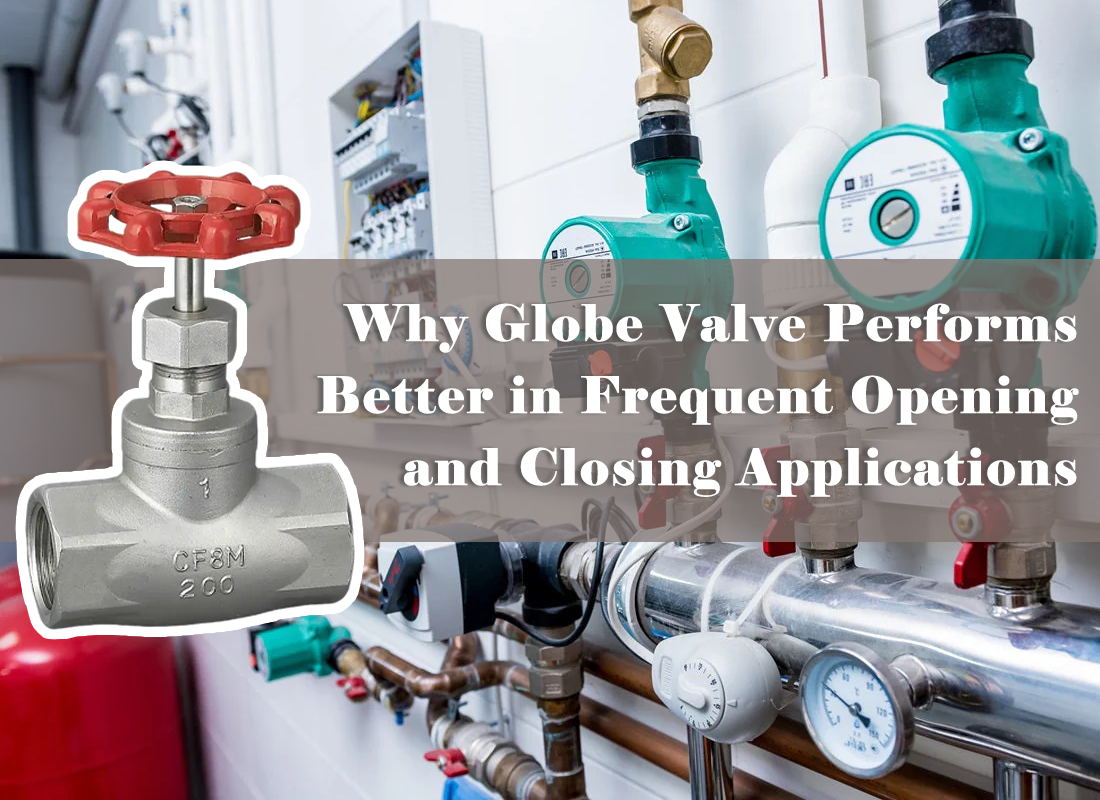 Why Globe Valve Performs Better in Frequent Opening and Closing Applications
Why Globe Valve Performs Better in Frequent Opening and Closing Applications
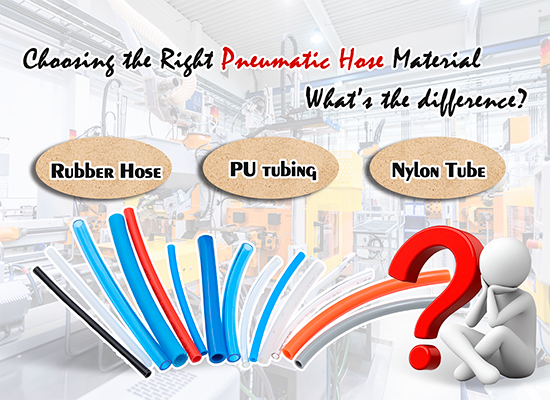 Rubber hose vs Polyurethane tubing vs Nylon tubing: Choosing the Right Pneumatic Hose Material
Rubber hose vs Polyurethane tubing vs Nylon tubing: Choosing the Right Pneumatic Hose Material
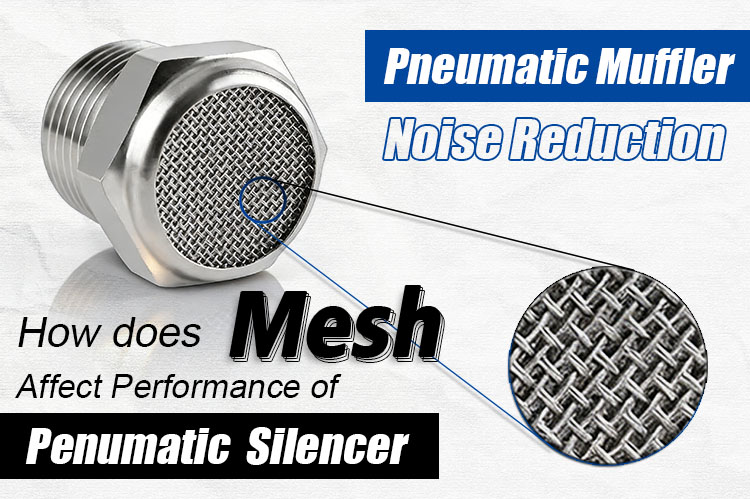 How Does Mesh Affect the Performance of Pneumatic Silencers?
How Does Mesh Affect the Performance of Pneumatic Silencers?
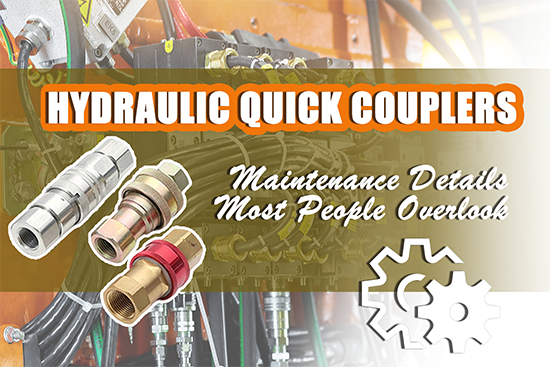 Hydraulic Quick Couplers: Maintenance Details Most People Overlook
Hydraulic Quick Couplers: Maintenance Details Most People Overlook
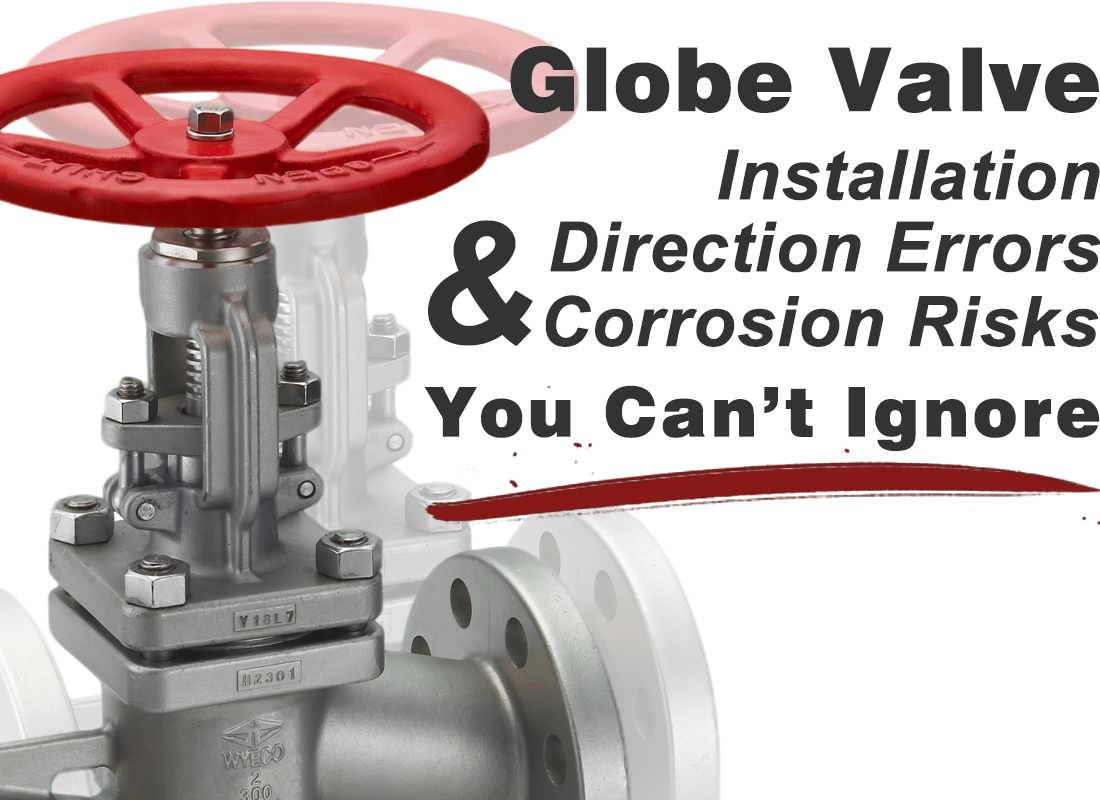 Globe Valve Installation Direction Errors and Corrosion Risks You Can’t Ignore
Globe Valve Installation Direction Errors and Corrosion Risks You Can’t Ignore
You May Interest In
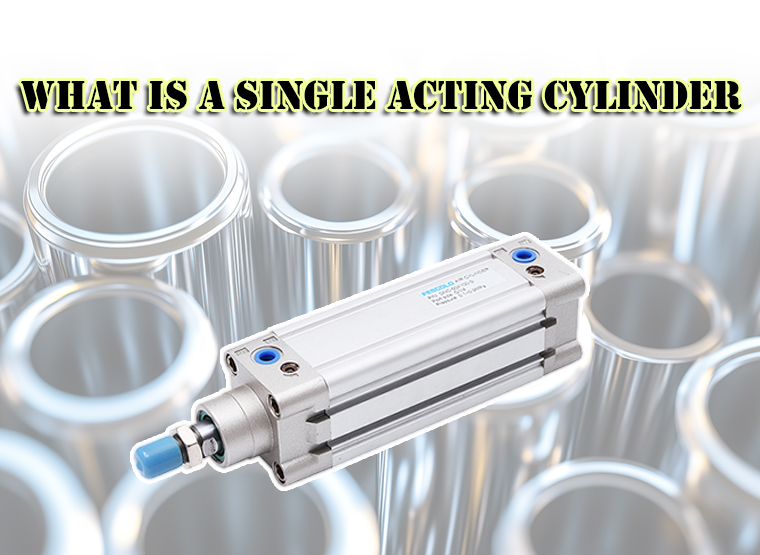
Nov 12, 2025 Blog
What is a single acting cylinder?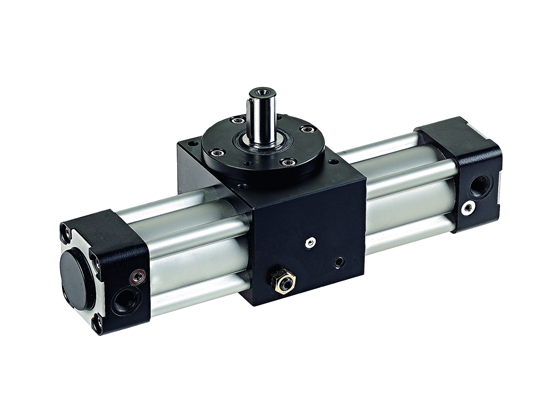
Links: www.fescolo.com(Pneumatic)
FOKCA ©1998-2025 All Rights Reserved Sitemap